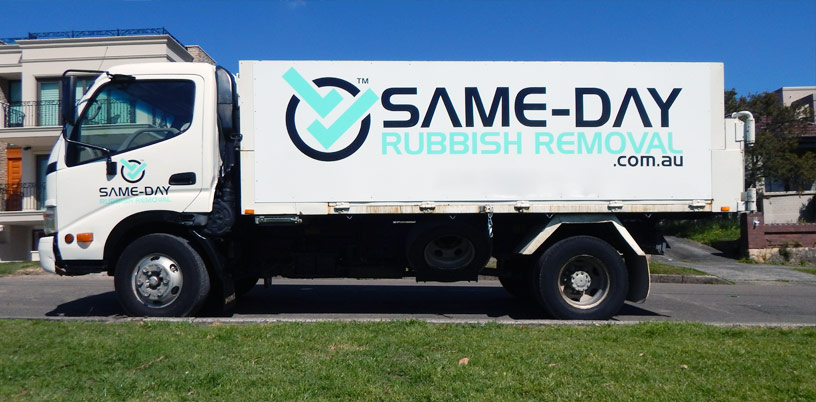Prior to you dedicate to leasing a dumpster, there are essential factors you need to take into consideration to avoid potential pitfalls and ensure an effective rental experience. From choosing the ideal dumpster size to following local policies and following garbage disposal guidelines, each step plays a crucial function at the same time. By being notified and prepared, you can browse the complexities of dumpster rental with self-confidence and effectiveness.
Dumpster Size Option
When selecting a dumpster size, take into consideration the quantity of waste you require to take care of and the space offered on your building. It's critical to accurately estimate the quantity of particles you'll be throwing out to ensure you pick a dumpster that can accommodate all of it. If you go with a dimension that's as well tiny, you may end up needing numerous trips to the land fill or added pick-ups, causing added prices and hassle.
On the other hand, choosing a dumpster that's too big for your requirements can be a waste of money and beneficial area on your residential or commercial property.
To identify the best size, analyze the type and amount of materials you'll be disposing of. For small cleanouts or restorations, a 10-yard dumpster may be enough. For commercial dumpster services like whole-home cleanouts or construction, you might require a 20 or 30-yard dumpster. By examining your waste volume and available room, you can choose the suitable dumpster size to efficiently manage your clean-up demands.
Resident Rules Understanding
To make sure a smooth dumpster rental experience, it's essential to understand local laws governing waste disposal in your area. Different cities and regions have specific rules regarding where and exactly how dumpsters can be placed, what materials are enabled to be gotten rid of, and the essential authorizations for placing a dumpster on your home or the street. Failing to follow these regulations can lead to fines or other charges, so it's crucial to acquaint on your own with the regional demands prior to scheduling a dumpster.
Some locations might have restrictions on the sorts of products that can be gotten rid of in a dumpster, such as hazardous waste or electronic devices. Furthermore, there might be guidelines on the placement of the dumpster, such as range from property lines or guaranteeing it does not obstruct website traffic or accessibility to emergency solutions. Understanding these regulations beforehand will certainly assist you avoid any kind of problems during your rental period and guarantee a problem-free experience.
Make what is it worth to check with your regional waste monitoring authority or city authorities to obtain a clear understanding of the rules that put on your location.
Garbage Disposal Guidelines
Before you start throwing away waste in the leased dumpster, it's crucial to stick to particular standards to make sure appropriate and effective disposal.
Initially, segregate your waste into categories such as recyclables, organic waste, and general garbage. This will make disposal simpler and much more environmentally friendly.
Be mindful of any kind of dangerous products that are prohibited from being disposed in the dumpster, such as chemicals, batteries, or electronics. These products require unique disposal approaches to avoid injury to the atmosphere and public health.
In addition, prevent overfilling the dumpster beyond its capability limit, as this can present safety and security dangers throughout transportation.
Comprehend the weight restricts set by the rental firm and stay clear of exceeding them to prevent additional charges or issues.
Verdict
Now that you know the necessary suggestions for renting out a dumpster, you can confidently reserve one for your project. Bear in mind to approximate the appropriate dimension, comply with local policies, and follow waste disposal standards to make sure a smooth and cost-efficient experience. By being positive and educated, you can maximize your dumpster service and successfully manage your garbage disposal demands.
